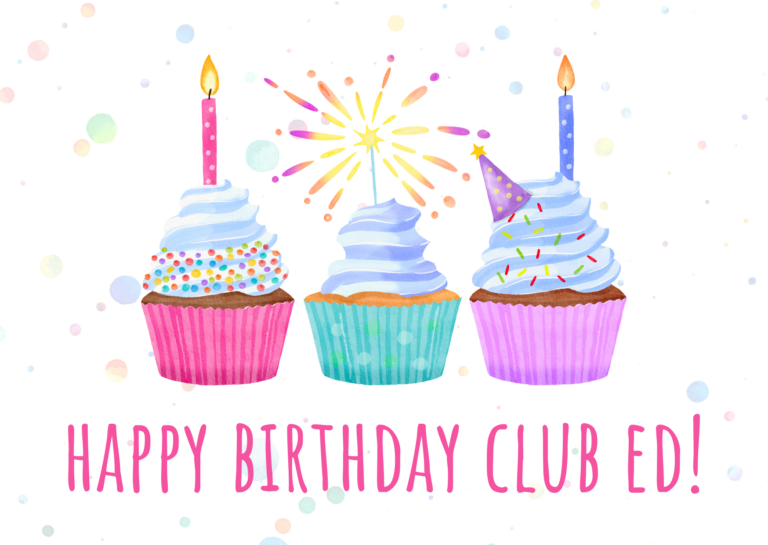Query types not to use
- The comment query. This is something along the lines of, “Maria seems mean-spirited here.” Okay . . . And so what? Unless an editorial query contains praise (“Great characterization of Maria here!”) it needs to either describe an edit the editor has made or suggest a revision the author should make. A comment does neither. The author has no idea what the query means or what they should do about it.
- The question query: “Did you mean to make Maria seem so mean-spirited here?” Unless you’re directly coaching a writer or are involved in multiple rounds of editing with them, this type of query doesn’t provide sufficient guidance. It is likely to result in the author making a comment back to you (“yes, I meant to” or “no, I didn’t mean to”) and starting a dialogue versus actually doing a revision. Presumably the question is intended to prompt an action on the author’s part, but what action? In other words, try something like, “Maria comes across as mean-spirited here, but that seems inconsistent with her kind-hearted character. If you intend for her to have a sharper side, I recommend including more moments where she is mean and to have other characters react to the meanness; if not, consider revising so that she isn’t calling Michael names here, just asks him to turn down the television.”
- The short-hand query: “Mean here?” This type of query doesn’t contain enough information for the author to know what revision is needed. Editors sometimes write a number of similar developmental queries on a manuscript and so they will sometimes resort to short-hand to identify the tenth example of a recurring problem. But remember that the author is juggling a lot of tasks during a revision. Go ahead and take a minute to write out the full query so that they are not confused about your guidance. In a similar vein, editors will sometimes write cryptic queries (“AU: CMOS 3.4”) or Easter-egg-hunt queries (“AU: page 2 paragraph 4 of revision letter, see also the second query on ms page 167.”) In development, if a problem is worth querying, it is worth querying fully and completely.
Join the Club!
New to story editing? Begin at the beginning.




